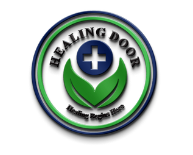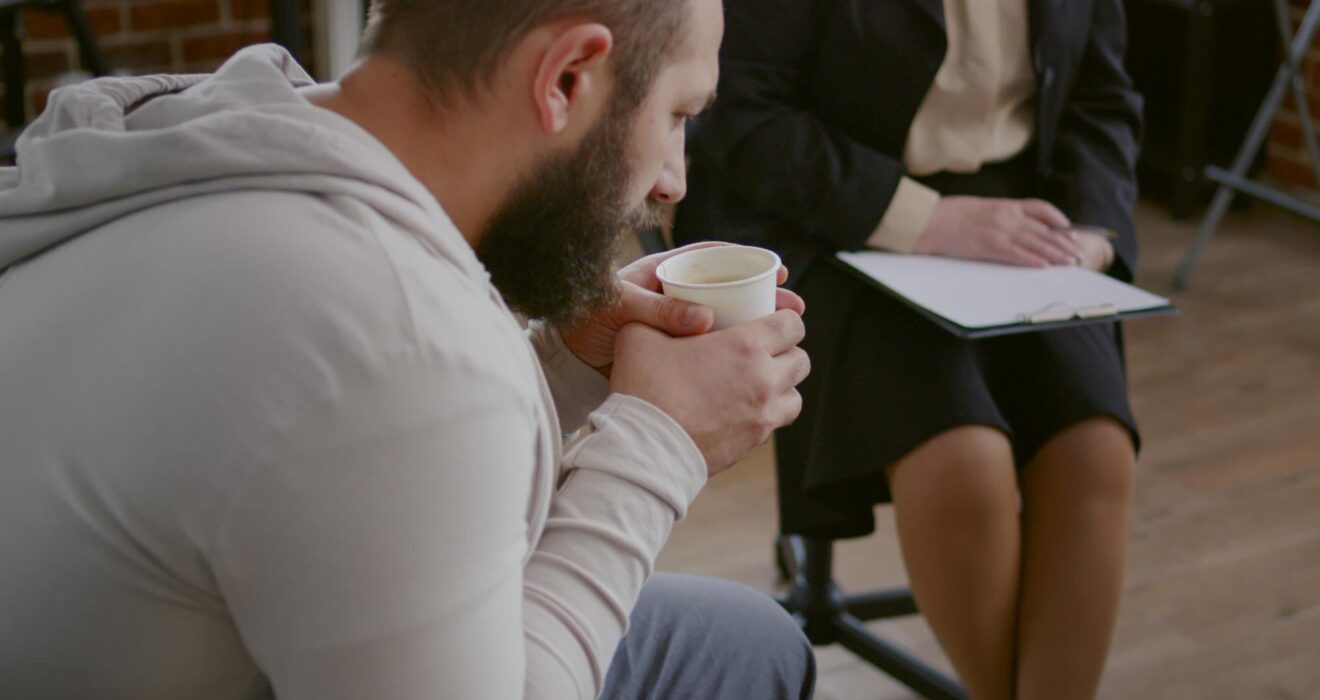Why (HDRC) Promises a Higher Recovery Rate for Alcohol Addiction in Pakistan
Alcohol addiction creeps into lives quietly, often unnoticed until it’s a storm too big to ignore. In Pakistan, where faith and family shape daily existence, the struggle with alcohol carries extra weight—shame, secrecy, and the fear of being cast out. Yet, for those ready to fight back, Healing Door Rehab Center (HDRC) in Islamabad offers more than just a way out. It’s a place where hope takes root, where recovery isn’t a distant dream but a real, reachable goal. If you’re wondering why HDRC stands above the rest, here’s how its approach lifts recovery rates and lights the path to a sober, stronger you.
A Problem Close to Home
Pakistan isn’t a country where alcohol flows freely in public. The laws are strict, the culture leans hard against it, and religion forbids it outright. Still, addiction finds a way. Some turn to bootlegged bottles to drown stress from a grinding job in Lahore. Others sip in shadows to escape memories that haunt them in Peshawar. The numbers might not scream from headlines, but the pain is real—broken marriages, lost jobs, and kids wondering why their parent drifted away.
Seeking help feels like climbing a mountain here. People whisper about “weakness” or “sin,” and good treatment spots are rare. That’s where HDRC steps in. It’s not just a rehab center—it’s a lifeline built for Pakistanis, by people who know what this fight looks like on our soil. Choosing HDRC means choosing a place that gets you, your world, and your shot at redemption.
A Plan Made for You, Not a Textbook
Addiction isn’t a straight line. What pulls one person under might barely touch another. HDRC knows this. When you walk through their doors, you’re not a number or a checklist. You’re a story. The first thing they do is sit with you—really sit with you. Doctors, counselors, and therapists dig deep, asking questions that matter: What started this? What keeps it going? What’s standing in your way?
Maybe you’re a Karachi shopkeeper who drinks to forget a failing business. Maybe you’re a mother in Multan hiding bottles from your kids. HDRC builds your recovery plan around you. One day, you might talk one-on-one with a psychologist about guilt that’s eating you alive. The next, you’re in a circle with others who’ve been where you are, swapping stories over chai. Every step is deliberate, designed to pull you out of the hole and keep you out. That’s why people who leave HDRC don’t just quit drinking—they stay quit.
People Who Know Pakistan’s Pulse
Imagine spilling your heart to someone who doesn’t get it—someone who nods but misses the weight of your words. That doesn’t happen at HDRC. The team here isn’t just trained; they’re tuned in. Psychiatrists with years of study pair up with counselors who’ve walked Pakistan’s streets, from Islamabad’s quiet hills to Sialkot’s bustling markets. They know why a son might drink to dodge his father’s expectations or why a wife might hide her husband’s habit to save face.
This isn’t about slapping foreign fixes on local wounds. It’s about healing in a way that fits. The staff speaks your language—Urdu, Punjabi, whatever feels like home—and they understand the silent rules of our culture. When you trust the people helping you, you open up. When you open up, you heal. HDRC’s higher recovery rates come from that bond—a bridge between their expertise and your reality.
Fixing More Than Just the Drinking
Quitting alcohol isn’t enough if the rest of you is still broken. HDRC doesn’t stop at drying you out. They call it “Mind, Body, and Soul,” and it’s not just a slogan—it’s how they work. Picture a place where every part of you gets a chance to mend.
- Mind: Therapy isn’t a lecture here. It’s a conversation. You’ll learn to spot the thoughts that drag you back to the bottle—like stress from a late-night fight or fear of failing again—and turn them around. Group sessions feel like sitting with friends who’ve seen the same dark days, not strangers judging you.
- Body: Alcohol tears you down physically. HDRC builds you back up. Think warm plates of sabzi and rice, walks in Bani Gala’s fresh air, and doctors watching every step of your detox. You’re not shaking it out alone—they’re with you, making sure you feel human again.
- Soul: Pakistan runs on faith and feeling. HDRC respects that. Maybe you find peace in a quiet dua. Maybe it’s yoga or a moment staring at the Margalla Hills. They give you space to reconnect with whatever steadies you, so you leave stronger inside and out.
This isn’t patchwork recovery. It’s a full reset. When you’re solid in every way, slipping back into old habits gets harder. That’s the HDRC difference.
A Place That Feels Safe
Rehab can sound cold—white walls, stern faces, and rules barked at you. HDRC flips that. Tucked in Islamabad’s calm Bani Gala, it’s more like a retreat than a clinic. The rooms are simple but cozy, the views are green, and the vibe is warm. You’re not a patient here—you’re a guest on a mission.
The staff smiles. They ask how you’re holding up. They listen when you’re crumbling and cheer when you’re climbing. For a Pakistani stepping into recovery, that matters. If you’ve ever felt alone in a crowd—at a wedding, at work, at home—HDRC makes sure you don’t feel that here. That comfort keeps you going, and it’s why so many walk out changed.
Family: Your Strength, Their Role
In Pakistan, family isn’t optional—it’s everything. Addiction doesn’t just hurt you; it cracks the people around you. HDRC brings them in, not to blame, but to heal. They sit with your parents, your spouse, your kids, and explain what’s happening. They teach them how to help without hovering, how to lift you up without pushing you down.
A brother might learn to stop asking, “Why can’t you just quit?” A wife might figure out how to spot your tough days. When you leave HDRC, you’re not stepping into a house full of tension—you’re coming home to a team. That support cuts relapse risks in half, because you’re not fighting solo anymore.
Proof It Works
HDRC isn’t new to this. They’ve guided hundreds—maybe thousands—back to solid ground. People talk about them on TV, in papers, even at UN meetings. Groups like the United Nations Office on Drugs and Crime (UNODC) nod their approval. Why? Because HDRC doesn’t guess—they deliver. They track how you’re doing, tweak what’s not working, and send you off with a plan that sticks.
Aftercare That Lasts
Leaving rehab isn’t the end—it’s a beginning. HDRC knows life in Hyderabad or Gujranwala can test you. A late-night call from an old drinking buddy, a rough day at the shop—they’re traps waiting to spring. That’s why they don’t wave goodbye and forget you. They check in. They counsel. They link you with others who’ve made it. It’s like having a safety net, and it’s why HDRC’s recovery stats shine brighter than most.
Why HDRC Wins
So, why pick HDRC? It’s simple. They know Pakistan’s heart. They see all of you—mind, body, soul. They bring your family along. They’ve got the skills, the proof, and the care to make recovery real. Other places might get you sober. HDRC gets you free.
Your Move
If alcohol’s got a grip on you—or someone you love—don’t wait. HDRC’s doors are open, ready to turn your fight into a win. Call them. Visit them. Start today. In a country where silence often buries addiction, HDRC’s shouting loud: You can come back. And they’ll make sure you do.




